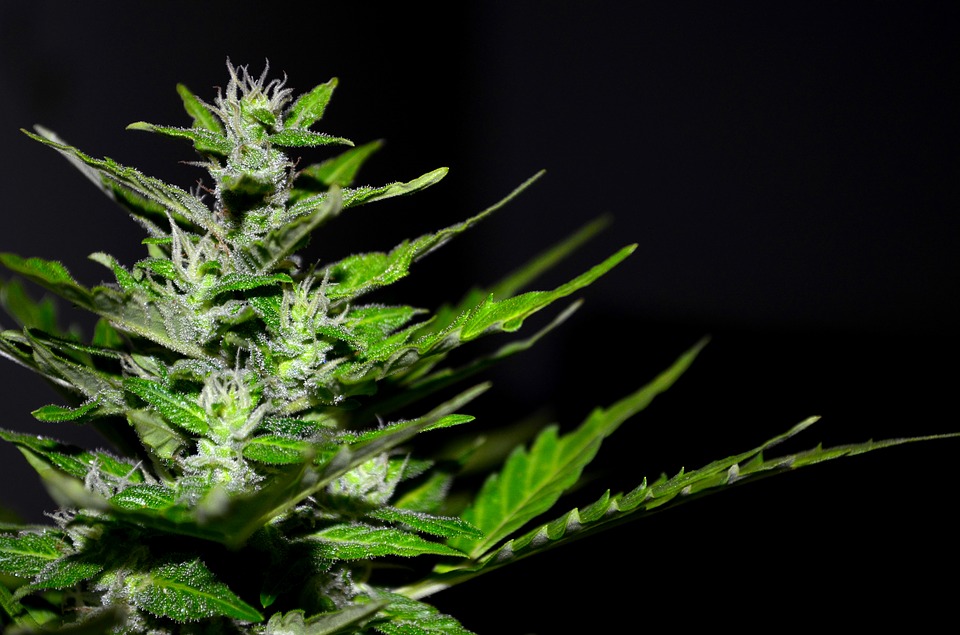As laws regarding CBD have begun to shift and change, the use of CBD oil in the health and wellness industries has shot up dramatically. Even as CBD supporters are still struggling to completely decriminalize the use of this “miracle drug,” it continues to pop up in epilepsy and pain reduction treatments, beauty products, and more. Studies have so far confirmed its anti-inflammatory, pain-relieving, and antipsychotic properties. But the benefits of CBD are nothing new—in fact, it’s been used to treat ailments of all kinds long before its recent popularity boost.
A brief history of CBD, hemp oil, and cannabinoids
While we may think of CBD and hemp as a modern-day hot topic, history says that it was widely used in ancient times. Its first appearance was in ancient China, with oils and teas being used to treat various pains and ailments. Because of hemp fiber’s durability (particularly that of cannabis sativa), it was often used to produce clothing, paper products, and more, quickly spreading to the Western world for use in the health and beauty industry.
In Europe, it was used to treat coughs and tumors, while physicians Garcia de Orta and Li Shih-Chen discovered it could also be used to improve appetite and as an antibiotic.
By the eighteenth century, hemp plants were established as a crop in the colonies of North America, with early states actually passing laws stating that farmers were required to grow hemp crops for cultivation. Thomas Jefferson himself grew hemp at Monticello, as did George Washington at Mount Vernon. Its medicinal benefits were no mystery to early growers; Robert Burton’s Anatomy of the Melancholy recommended it as a treatment for mental disorders, while “The New England Dispensatory” and the “Edinburgh New Dispensatory” recommended it for pain, skin inflammation, and coughs. Colonists also used hemp paper and hemp clothing.
After physician W.B. O’Shaughnessy began conducting and recording experiments with cannabis indica, hemp extract was listed in the U.S. Pharmacopeia as well as the U.S. Dispensatory, along with medical cannabis. It was recommended for a variety of health issues from neuralgia and convulsions to depression and gout.
With the introduction of opiates at the turn of the century, hemp was pushed to the sidelines, despite its many successes in the medical industry. It wasn’t until politicians and medical professionals started making medicinal marijuana available again that we were reminded of its effectiveness in treating a number of different ailments.
Besides its initial appearance in ancient China, hemp also has a long history of medicinal use in other cultures. The Romans noted its beneficial anti-pain properties. It was popular in the Middle East, particularly due to their ban on alcohol, with many recognizing its anti-inflammatory, anti-epileptic properties, and more. And that’s not all—hemp has been known to be used in India, in ancient Egypt as an antidepressant, and in ancient Greece!

CBD in recent history
Perhaps you’re wondering how medicinal cannabis and hemp extract transformed into the wonder drug we know as CBD. Well, in 1998, the British government licensed GW Pharmaceuticals to grow cannabis and develop an extract for use in clinical trials. GW’s founder quickly realized that by selecting highly CBD-potent strains, he could produce a cannabis-based medicine that lacked the psychoactive effect of the demonized marijuana plant.
While CBD-rich strains have a long history of medical usage, they were not commonly available to users in California and other areas where cannabis was legal; CBD had been effectively bred out in favor of THC-rich strains.
As years went by, the International Association for Cannabinoid Medicine began to recognize the numerous medicinal benefits of CBD, conducting more studies to determine its beneficial properties. CBD became a hot topic when multiple studies showed that a low dose of CBD oil helped reduce seizures in patients suffering from epilepsy.
In April, an advisory panel for the U.S. Food and Drug Administration unanimously recommended Epidiolex, a cannabidiol medication, be approved for use in the United States.

Speed bumps and overcoming legal issues
While CBD products are now technically legal in the states, proponents of CBD had to jump through hoops to make it widely available. Most issues surround the cultivation process, as it can be cultivated from hemp or marijuana crops, each adhering to different laws and regulations.
The recent passing of the Farm Bill meant that CBD is legal to use. Because of the Hemp Farming Act, production of hemp is legal, meaning that CBD can be extracted from hemp cultivation. The most recent legislation defined hemp as any strain of the cannabis plant that contains no more than 0.3 percent THC; in other words, hemp can’t get you high. The bill, however, leaves the legality of the sale of CBD up to individual states.
It’s a step in the right direction for to those who see hemp as the versatile and life-saving plant it has been lauded as for years. However, there’s still a long way to go before CBD for medical use becomes a national standard. The FDA still has the authority to regulate the use of CBD products, meaning that they will have to undergo rigorous health and effectiveness studies before making their way to the general public.
So while hemp-derived CBD is no longer listed as a Schedule 1 drug under the Controlled Substances Act, you may not find it available in your local pharmacy just yet. Luckily, the passing of the Farm Bill will make conducting studies surrounding CBD that much easier for those hoping to explore its beneficial attributes.

CBD research is increasingly important
With new research being conducted every day, more and more health benefits of CBD are being discovered. In 2015, a study was conducted to determine how CBD can be used to treat diabetes since other studies have shown that CBD reduced the incidence of diabetes in mice. Research has also shown that CBD can help patients lose weight by converting “bad” white fat into “good” weight-reducing brown fat.
Cannabinoids have been shown to inhibit tumor growth in animal subjects. CBD has even proven effective in protecting and healing the skin: studies show that applying topical CBD treatments can treat ailments from acne to psoriasis and promote faster healing of damaged skin. CBD is also proven to engage with the endocannabinoid system in organs throughout the body, helping to dramatically reduce inflammation.
Finally, one of CBD’s more popular uses as new research emerges is for the reduction of stress and anxiety. A 2012 research review looked at a number of different studies that concluded CBD’s effectiveness in managing anxiety, insomnia, and chronic pain. As laws soften and more research is allowed regarding the benefits of CBD, we’re sure to find other uses for this new and exciting cannabinoid component.
The bottom line is more research needs to be done. Hopefully, with laws regarding the production of hemp and hemp-derived CBD loosening, we’ll see more and more studies being performed in the years to come. So far, the results are very promising.
The future of CBD
With early appearances as medicine in ancient China, Greece, Europe, and even the Americas, hemp and CBD extracts have long been considered a treatment for a variety of different issues.
With its recent re-emergence as a medicinal treatment for childhood epilepsy, CBD has become a hot-button pop culture topic. Luckily, the passing of the Farm Bill may encourage more studies to be performed, more research to be collected, and the legalized sale of CBD to finally make it accessible to those who need it.
CBD hemp oil is quickly becoming a household product, and it’s important to understand why. New research and scientific discoveries are shining some light on the potential for CBD and related cannabinoids. Contact CBD For Life for more information, and check out our selection of luxury CBD health and beauty products today!
The post Old Medicine is Doing New Things: The History of Hemp appeared first on CBD For Life.

